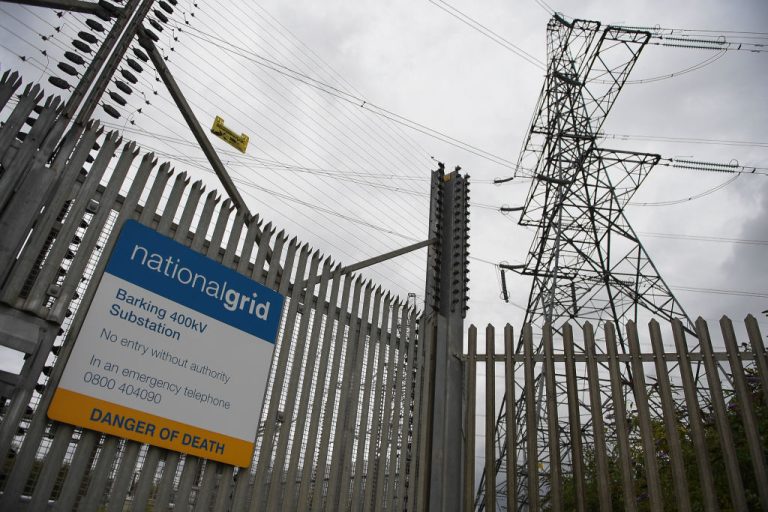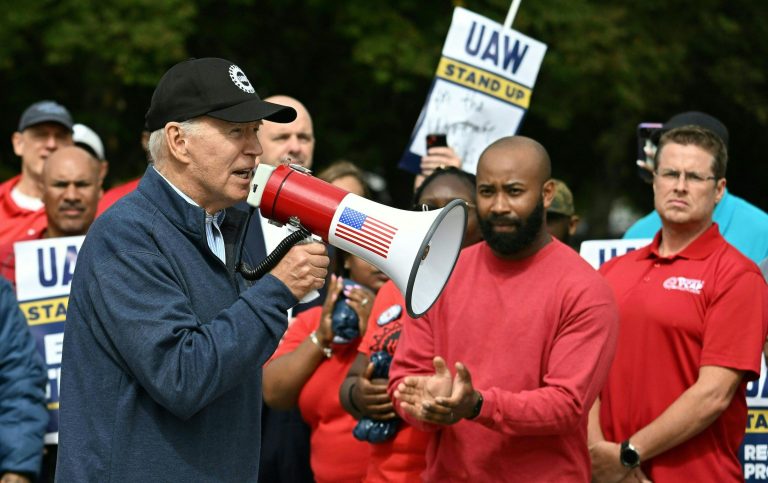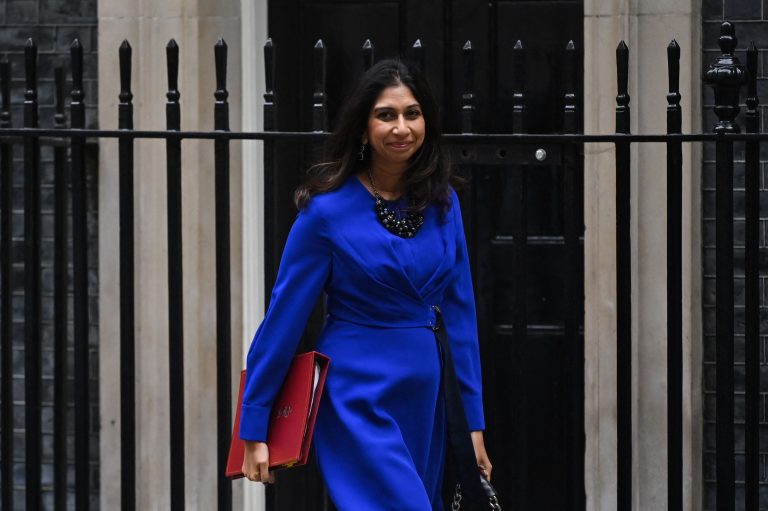The government of the United Kingdom has initiated preparations for how to handle a potential winter scenario where electricity generators are forced to deploy rolling blackouts and natural gas must be rationed.
In an Aug. 9 Bloomberg report citing “people familiar with the government’s planning,” the UK is bracing for electricity shortfalls amounting to a sixth of peak demand, even as coal-fired plants are put back online.
Because of the shortfall, the administration posits it may face a four day stretch where natural gas must be rationed via emergency measures.
The Department for Business, Energy and Industrial Strategy told the outlet in a statement that the event is “not something we expect to happen,” and that citizens and businesses alike can rest assured they will be provided with the energy they require to live.
MORE ON INTERNATIONAL CRISES
- Cuba’s Largest Power Plant Offline After Massive Oil Depot Fire Enters Third Day
- Rhine River Just 1.5 Feet Deep in Some Areas as Heatwave Scours Europe
- India, 40% of Global Rice Exports, has Lost 13% of 2022’s Crops to Drought
A natural result of the rations and power shortages would be a significant increase in utilities bills. Bloomberg estimates a rise of “£4,200 ($5,086) in January from just under £2,000 currently.”
Success
You are now signed up for our newsletter
Success
Check your email to complete sign up
This detail is particularly meaningful, as inflationary costs are already the source of significant social unrest.
For example, website DontPay.uk, an anonymous grassroots protest movement, seeks to rally a million people to cancel their direct debit utility payments on Oct. 1 unless the government takes action to bring costs back to Earth.
At the root of the problem, Bloomberg states, is the country’s low natural gas storage capacity in addition to the electric grid being shared between France. Norway, Belgium, and the Netherlands, all of which may have to curb output to supply their own domestic demand.
In the event natural gas runs short, the government will have to install a command economy to override the demand driven market.
This type of action was recently seen in Australia when the Australian Energy Market Operator (AEMO) stepped in to cap natural gas prices at $40 per gigajoule and electricity prices at $300 per megawatt in June.
Additionally, AEMO forced suppliers to operate, whether they were profitable or not, on threat of penalty and virtue of reward via subsidies.
The threat runs deeper than reported, however. Aug. 9 reporting by UK media outlet Express warned that the government had been polling the food industry as to how a string of blackouts would affect the nation’s food supply.
The warnings, however, are not as novel as they may appear to North Americans. In May, The Telegraph likewise warned that the Brits may endure winter blackouts at the hands of Russian Federation Vladimir Putin because of the war in Ukraine.
“Six million homes could face blackouts this winter due to Russia’s invasion of Ukraine, ministers have been warned,” they wrote.
And added, “Whitehall is understood to have formulated an even harsher plan if Vladimir Putin cuts all gas supplies to the EU, one that would mean electricity blackouts could begin in December and last for three months, including on weekends.”
In July of 2021, The Guardian also warned that Great Britain could face winter blackouts after an undersea electricity cable fire created an anticipated 3.9 percent energy shortfall.
And just three months later in September, Bloomberg reiterated the threat because of the exact same fire.
But just what exactly would an energy shortage look like? In May, the government of Ireland conducted a wargame scenario preparing for potential oil and gasoline shortages that would start mildly in the late fall before exacerbating to a severe degree by January of 2023.
Measures to be deployed by the government involved invoking COVID-style stay at home and work from home edicts, gasoline rations limited to first responders and essential workers, and a reduction of the speed limit on motorways.
In the case of fuel rationing, one potential system involved centralizing sales to a handful of stations while queuing citizens’ weekly purchases based on their license plate numbers.
Although, at first glance it may appear that the plans are only preparatory, in Sri Lanka, an island country off the Southeastern coast of India home to 22 million people, fuel purchases have already been rationed to essential workers and first responders after the country’s economy totally collapsed over the last several months.
The system utilized to supply those who qualify and are still capable of paying for gasoline is to utilize a social credit-style QR code digital passport to verify identification.
The crisis the country is facing is so severe that thousands of citizens raided the Presidential palace in early July, burning the former President’s house to the ground, after the regime banned sales of gasoline and LP gas — a substance similar to propane that Sri Lankans rely on to heat their homes and power their stoves.
Another European country, Greece, recently launched a full scale program to replace conventional drivers licenses and identification cards with a digital ID smartphone app.
The government plans to expand usage of the app to items such as insurance, vehicle registration, and taxes.













